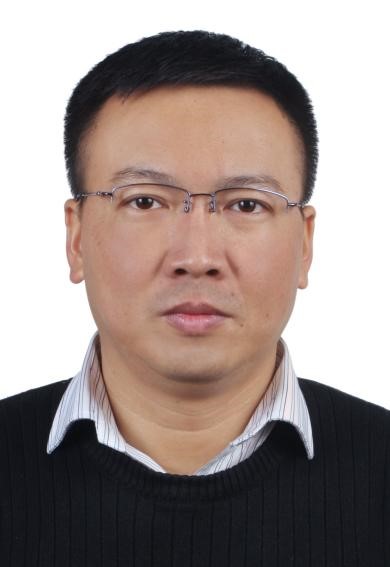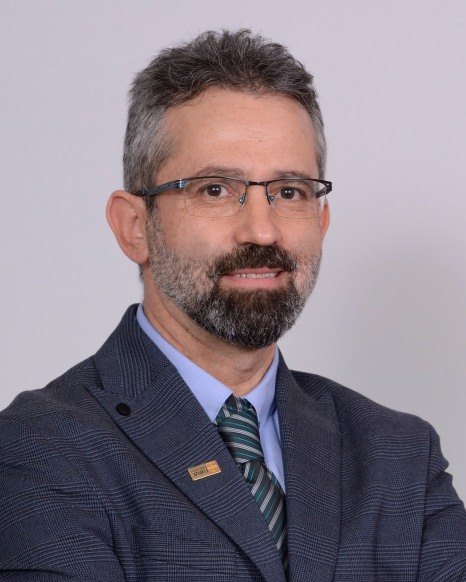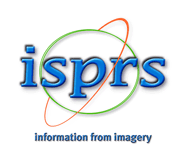ISPRS WG IV/8
Digital Twins for Mobility and Navigation
Our Mission
|
Based on realistic indoor/outdoor environment modelling, ISPRS Working group IV/8 aims to promote research on Digital Twin-based navigation, location based services (LBS) and mobility. Differing from the spatial aspect which has been well addressed in the communities of Sensor Systems and Photogrammetry, this WG focuses on the developments of state-of-the-art algorithms and semantic and topological models for modelling indoor/outdoor (including underground) environments. Besides, the WG also stimulates mobility research, using latest tracking and data mining algorithms for different application areas (e.g., traffic monitoring, behavioural control, etc.), navigation research using state-of-the-art positioning techniques for application communities (e.g., way-finding, evacuation, etc.), and LBS research for application fields (e.g., disabled/aged care, contextualized content delivery, etc.). To facilitate this, the WG organises workshops and special issues to exchange the latest developments and build scientific vision on digital twins for navigation, LBS and mobility. Furthermore, the WG will provide publicly available multimodal benchmark datasets for evaluating multiple tasks (e.g., semantic, topological, etc.), and organise international comparative tests on the performance of algorithms for navigation, LBS and mobility analysis. Finally, networking will be in the core of the activities of the working group members from around the world. The WG will collaborate closely with other ISPRS working groups, particularly in Commissions I and II, and will cooperate with OGC and other international groups to promote and contribute to the advance of knowledge and innovation in relation to digital twins for navigation, LBS and mobility. |
Working Group Officers | ||
Chair | ||
 | Zhizhong Kang Department of Remote Sensing and Geo-Information Engineering School of Land Science and Technology China University of Geosciences Xueyuan Road 29, Haidian District 100083 Beijing CHINA +86 10 8232 2291 +86 10 8232 1807
| |
Co-Chair | ||
 | Mir Abolfazl Mostafavi Département des sciences géomatiques Pavillon Louis-Jacques-Casault 1055, avenue du Séminaire, local 1342 Université Laval Québec (Québec) G1V 0A6 CANADA +1 418-656-7411
| |
Co-Chair | ||
 | Zhiyong Wang Department of Transportation School of Civil Engineering and Transportation South China University of Technology Jiaotong Building, Wushan RD NO. 381 510641 Guangzhou CHINA +86 13503083186
| |
Secretary | ||
 | Juntao Yang Department of Remote Sensing Science and Technology College of Geodesy and Geomatics Shandong University of Science and Technology 266590 Qingdao CHINA +86 15600932393
| |
Terms of Reference
The terms of reference describe the scope and limitations of the activities of the working group.
- Propose conceptual framework for a digital twin in support of efficient mobility and navigation in the context of smart cities
- Advance in the development of algorithms and standards for semantic and topological modelling of indoor/outdoor realistic environments (addressing Resolution IV.1)
- Advance knowledge in tracking and data mining for way-finding, traffic monitoring, behavioural control, multi-modal mobility in indoor/outdoor environments, using Artificial Intelligence and machine learning (addressing Resolution IV.2).
- Promote the application of digital twins for navigation, location based services and mobility in indoor/outdoor (including underground) environments (addressing Resolution IV.3)
- Benchmark the quality and practicality of semantic and topological modelling methods, standards and mobility analysis algorithms.
- Review and benchmark the quality and practicality of semantic and topological modelling methods, standards and mobility analysis algorithms.
- Seek co-operation and involvement in the BIM and GML domains (in collaboration with OGC)
- Propose and develop adapted mobility and navigation solutions for the people with disabilities and aging people in the context of smart and inclusive cities
- Propose and develop green and resilient mobility and navigation solutions for sustainable cities
Topics
- Conceptual framework for digital twins in support of mobility and navigation
- Sensor data stream for real-time mobility and navigation
- Indoor/underground/outdoor high resolution spatial modelling
- Precise localization for indoor and outdoor mobility and navigationStationary and dynamic obstacle detection
- Autonomous navigation in indoor/outdoor environments
- Location-based services for mobility and navigation
- Pedestrian tracking and trajectory prediction Indoor/outdoor location-linked big data
- Disaster management in indoor/underground environments
- Disabled/aged aided Location-based servicesMultimodal communication of mobility data
- Indoor scene representations supporting localization for AR and navigation services
- Evaluation of the accessibility and walkability of the environment
- Human environment interactions in mobility context
- Multi-task collaboration for Indoor/outdoor modelling
- Indoor/outdoor scene understanding
- Machine/deep learning for indoor/outdoor modelling
- Mobility and assistive technologies
- Semantic indoor/underground/outdoor mapping
- Multimodal mobility for people with disabilities
- Generate personalised route by using clues based on POI (Point of Interest)
- Landmark-based navigation in indoor and outdoor navigation
WG IV/8






